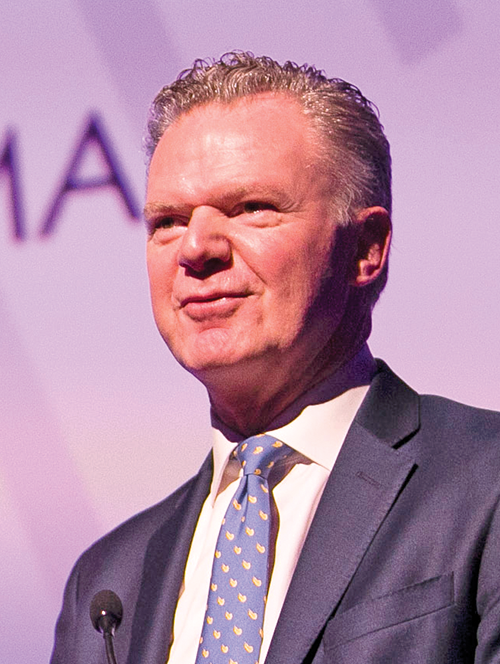Finance Industry Leads Economic Growth
Ireland's economic success is due largely to decisions made by financial leaders and the country's impressive banking and financial services sector
Ireland was well-equipped to handle the COVID-19 pandemic and Brexit crisis due to the presence of economic leaders from its booming finance industry. In addition to outside factors, the nation’s banking sector is seeing a swell in new fintech that is sweeping the fast-paced sector. Finance leaders are predicting a heavily changed and much improved industry as the country climbs back to economic normalcy.
On the ground

In 2020 the country’s deficit was around 5%, much higher than Ireland has seen in the past. Paschal Donohoe, Ireland’s Minister for Finance, explains the reason: “Much of the increase in our deficit was driven by the need to support the Irish domestic economy in the form of income and enterprise support programs. The combined value of those programs across 2020 and early 2021 was around $14 billion. Although it was high, it was the right policy decision to make.”
However, he sees Ireland as being in a completely different situation than most other markets. “The combination of the supported domestic economy and our integration into global supply chains helped the Irish economy do well,” he asserts. Ireland has spent decades creating an open market for international and local enterprise, which Donohoe believes is the cornerstone to Ireland’s recent success.
The National Treasury Management Agency (NTMA) has had much to do with keeping the country on the right path as the entity charged with executing fiscal policies. The agency introduced the country’s first counter-cyclical fiscal response in the 100-year history of the country. “Our ability to withstand our current crisis is very much informed by what happened in the previous economic downturn, and similarly what we learn now will inform the next,” stresses Conor O’Kelly, CEO of NTMA.
Rise of fintech
“The combination of the supported domestic economy and our integration into global supply chains helped the Irish economy do well.”
The digital era has brought a wide array of new technologies that are transforming every industry they touch, and the financial sector is no different. Large pushes in big data, artificial intelligence and digital transactions are making many core banking processes a thing of the past.
In Ireland, the change is particularly felt. “The presence of many big international financial services players and digital players creates the potential for a kind of fintech hub,” explains Brian Hayes, CEO of Banking & Payments Federation Ireland, the largest representative coalition for companies working in Ireland’s banking and financial services sector.
NTMA’s O’Kelly also thinks that the country’s complete digital immersion is inevitable. “Investments in digitization will be enormous. It will be one of the big economic drivers as we come out of the pandemic,” he says.
Prospects after Brexit

Ireland’s exports to the U.K. dipped considerably but had been doing so before the prospect of Brexit. “Our dependency on the U.K. as a market for exports has continued to decline as we move more towards Europe and other global markets, including the U.S., our biggest trading partner outside of Europe,” explains O’Kelly. While in the past 50% of exports went to Ireland’s closest neighbor, the market now takes only 10% of Ireland’s export share.
Ireland is home to 17 of the top 20 global banks and is now in a position to attract more. As the only English-speaking country in the EU and with its close proximity to London’s financial hub, the country’s financial services industry has drawn activity since Brexit and is expected to grow even larger.
Ireland: Growth in the Face of Adversity Report Contents:

 Download the PDF
Download the PDF